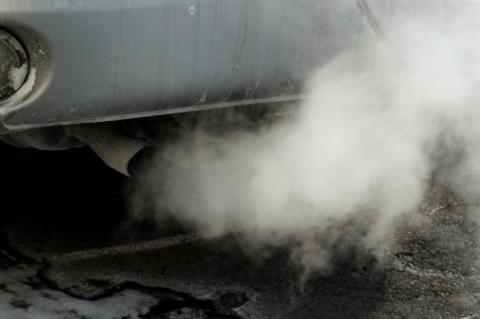
There are many reasons a diesel engine might produce smoke, in a variety of colors. From worn engine components, to damaged fuel delivery systems, when trouble arises there is typically a “smoke trail” that can help with diagnosis. For newer diesels with catalytic converters, smoke is usually not visible. For these vehicles, poor running conditions will be the most noticeable indicator of engine distress.
Black, blue, or white smoke
Depending on the nature of the problem, you may see either black, blue, or white smoke. Black smoke is likely an induction problem, either from unburned or low quality fuel, a clogged air filter, or a fuel injection issue. Blue smoke is typically related to the engine lubrication oil, burning due to mechanical malfunction of the internal engine parts. You should note that many diesels will emit a little blue smoke on start-up, which is no cause for alarm…as the engine warms up, the smoke will stop. White smoke is usually caused by poor fuel combustion, which happens with worn injectors, damaged vales, sticking rings or even damaged turbochargers.
Complete smoke diagnosis
If your diesel is emitting smoke of any color, bring it to us for a complete smoke diagnosis. Our professional technicians will identify the smoke color, and pinpoint the component needing attention. With Diesel Engine Certification, our technicians are very familiar with smoke diagnosis and will know the relationship of smoke color and typical component failure. We’ll review the fuel delivery circuit and lubrication system to be certain that all systems are working as designed.
Whether the issue is large or small, our state-of-the -art equipment, tools and knowledge will get you back on the road quickly! We want your family to know that they can rely on a safe, quiet, and well-tuned vehicle when we are your service professionals!
